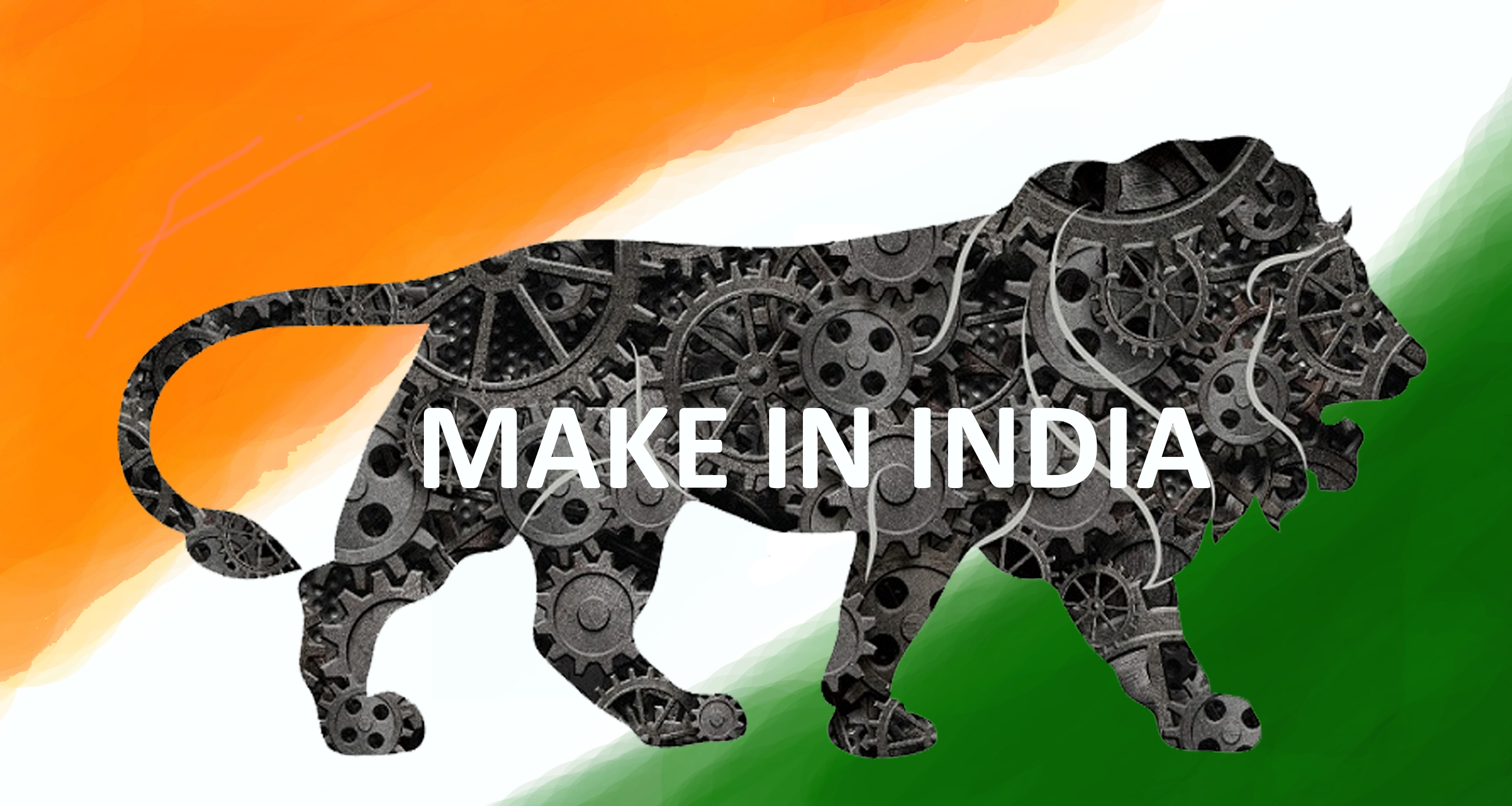Decoding Mainland China's AI trends and potential in smartphones
8 January 2024
Canalys is part of Informa PLC
This site is operated by a business or businesses owned by Informa PLC and all copyright resides with them. Informa PLC’s registered office is 5 Howick Place, London SW1P 1WG. Registered in England and Wales. Number 8860726.

The Indian government initially announced restrictions on PC and tablet imports in August 2023, extending the decision until the end of October. Widespread vendor opposition prompted the government to defer the policy until September 2024. In anticipation of the ban and the expected swift closure of commercial procurement, the market was flooded with devices. However, with the policy on hold, numerous vendors paused their purchases, resulting in an accumulation of inventory in the channel.

In August 2023, the Indian government introduced temporary restrictions on the import of computing devices, posing a short-term challenge for the industry. While the primary goals were to promote local manufacturing and decrease reliance on Mainland China, the abrupt implementation encountered significant resistance from PC channel players and vendors in the country. In response to this discontent, the government postponed the implementation of the new rule for three months, extending the deadline until October.
After careful deliberation and acknowledging the potential repercussions on the tech sector, the government subsequently opted to revoke the import restrictions on laptops and electronics. This relief measure was further extended until September 2024. Nonetheless, the initial relaxation of import restrictions until 30 October 2023 provided vendors with the opportunity to bolster their inventory, ensuring robust stock levels essential for the upcoming festive season and anticipated commercial tenders.
Amid such uncertainties, PC players in India experienced market discrepancies, such as device shortages and ASP fluctuations, as the channel partners strategically pushed devices into various channels. However, with the temporary suspension of the restriction policy until September 2024, the anticipated consumer and commercial uptakes were also halted, leading to an accumulation of inventory in the channels. Over the upcoming quarters, the accumulated inventory is expected to be gradually realized, leading to a dip in the sell-in shipments in the country.
The extension of the import restriction rule until the following year received backing from key industry players like Apple, Dell and Google. This governmental decision played a crucial role in easing immediate concerns regarding supply chain disruptions and potential business impacts. Recognizing the long-term potential of the Indian market, characterized by its expanding Total Addressable Market (TAM) and substantial installed base, industry players are now actively and aggressively enhancing their local manufacturing capabilities within the country.
The ongoing PLI 2.0 scheme, under which 27 firms were endorsed, signifies a significant step toward fortifying local manufacturing in the PC market. This emerging trend is expected to exert a crucial influence on the industry's trajectory, particularly considering the growing preference for "Made in India" devices. This preference is notably prominent in government and government-driven education tenders, which constitute a significant portion of the total commercial market, ranging from 20% to 30%.
Beyond the prominent players in the PC industry, the new rule creates a favorable opportunity for emerging local PC brands in India, specifically Primebook and Jiobook. Primebook, produced in India through a collaboration with Optiemus, has garnered notable attention, particularly during festive online sales. The closely aligned specifications of Primebook have the potential to impact the Chromebook market, gaining traction, especially in the education sector. On the other hand, Jiobook, formerly imported from Mainland China, before the enforcement of restrictions, has experienced modest success in the consumer market. However, its appeal lies in competitive pricing and robust government connections, making it a noteworthy contender for government-driven education tenders. With substantial capital backing Jiobook, the import restrictions are not perceived as a significant threat and the company is already actively engaged in discussions with local partners to commence the domestic manufacturing of its laptops.
The Indian PC market’s outlook for 2024 appears highly optimistic, particularly fueled by the commercial segment. This surge is attributed to substantial backlogs resulting from government-driven educational tenders, with dispatch phases already underway. Looking ahead to 2025, the PC market is expected to sustain its momentum with healthy shipments. A pivotal factor contributing to this expected growth is the anticipated refresh cycle and the end of support for Windows 10.
Given the numerous commercial and education opportunities emerging in India and the continuously expanding TAM, the country stands as an exceptional market choice for all PC vendors, both domestic and international, to expand their presence. The evolution of market dynamics, particularly in response to import restrictions, will be intriguing to observe in the future.